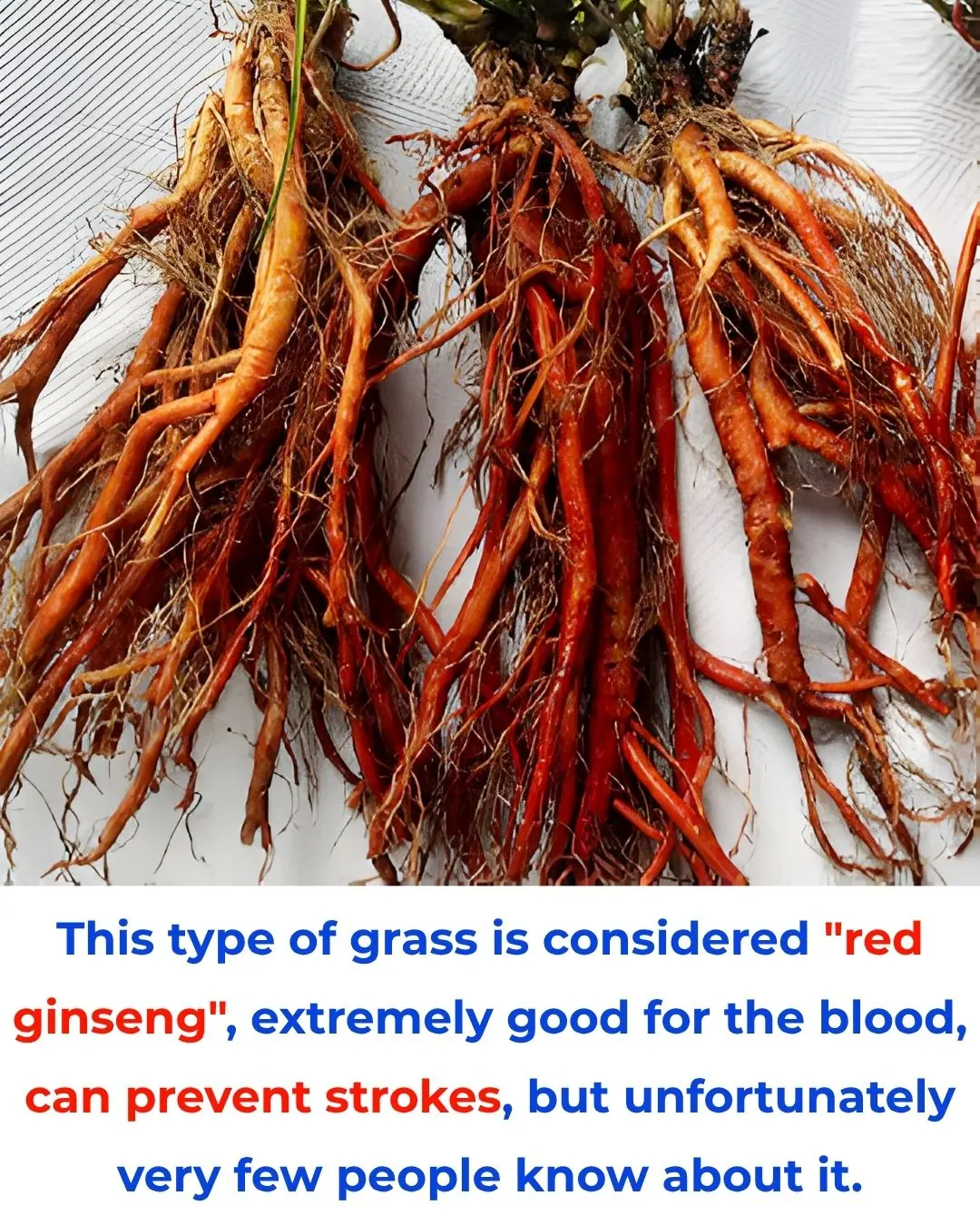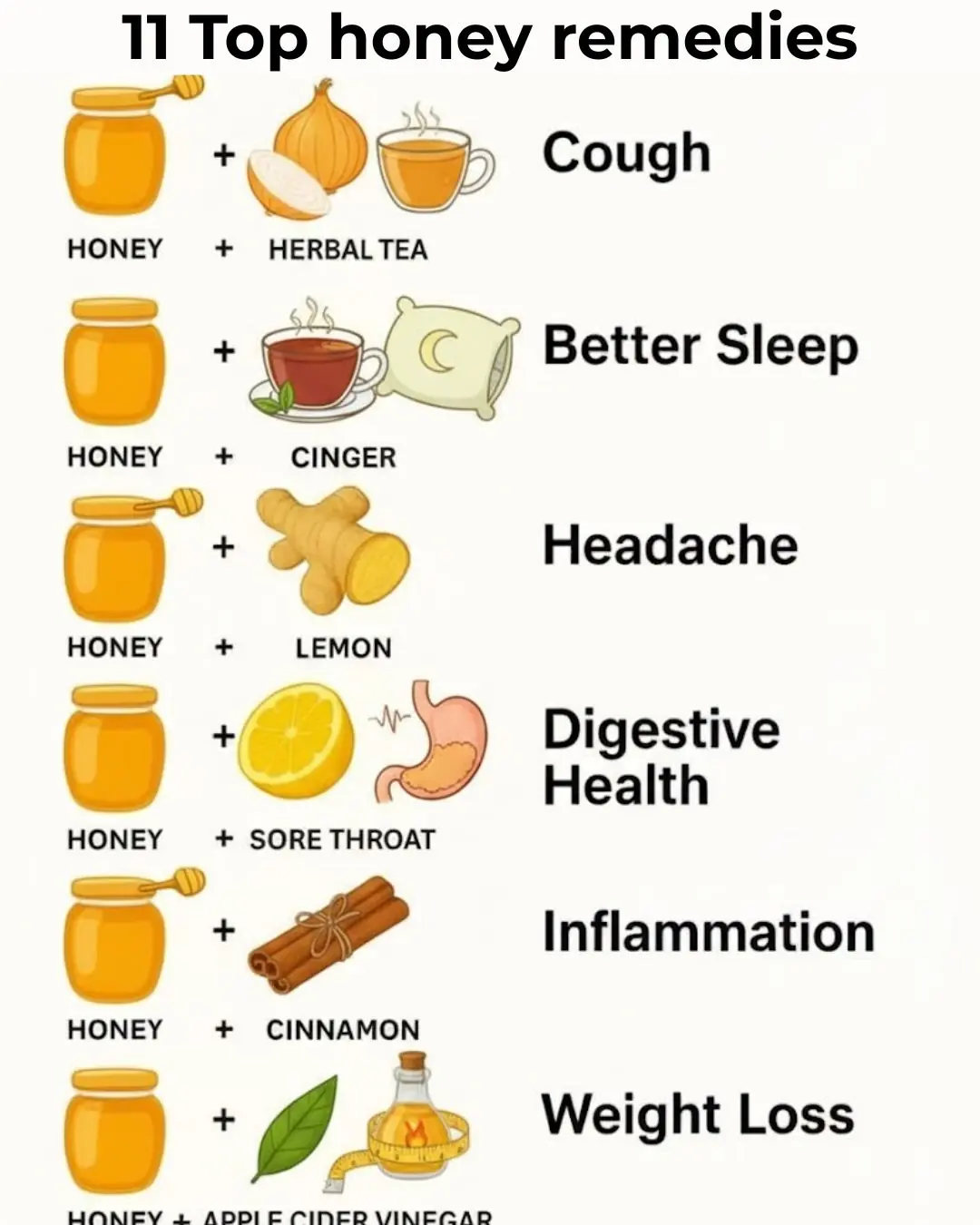
Scientists shocked: this secret spice fights cancer and repairs your body!
Turmeric, a golden-yellow spice long used in Indian cooking and Ayurvedic medicine, has recently emerged as a modern wellness superstar. But it’s not just for flavoring curry anymore — scientists and health enthusiasts alike are discovering the remarkable health benefits of turmeric, particularly its active compound: curcumin.
From fighting inflammation to supporting your heart, liver, lungs, and even your mood, turmeric is proving to be one of the most versatile natural remedies available. Let’s dive into the science and discover how adding turmeric to your routine could support your body in powerful ways.
✨ More Than Just a Spice: Turmeric’s Natural Power
Turmeric isn’t just another kitchen ingredient — it’s a healing herb that’s been used for centuries to support the body’s natural systems. And now, research is confirming what traditional medicine has long believed: turmeric offers a wide range of health benefits that can improve your overall well-being.
🛡️ Immune System Support: Strengthening Your Body’s Defense
Curcumin, turmeric’s most active compound, helps stimulate key immune cells like:
-
T-cells and B-cells
-
Macrophages and neutrophils
-
Natural killer (NK) cells
These cells form your body’s first line of defense against infections, inflammation, and even abnormal cell growth. Turmeric also enhances your body’s antibody response — giving your immune system the boost it needs to stay resilient.
🦠 Gut Health and Digestive Relief
If you struggle with inflammation in your stomach or intestines, turmeric may help soothe and heal your gut lining. It supports a strong intestinal barrier and encourages bile production, which improves digestion and nutrient absorption.
Curcumin may also help slow down the formation of fat tissue, which can support weight management and reduce visceral fat — the type linked to chronic disease.
✨ Glowing Skin from the Inside Out
Turmeric's antibacterial and anti-inflammatory properties make it great for your skin. It helps prevent clogged pores and reduces the growth of acne-causing bacteria. Curcumin also fights free radicals, helping to slow signs of aging and support clearer, more radiant skin.
Some people even use turmeric topically (as a mask or paste) to calm redness or brighten dull skin — though caution is needed to avoid staining.
🦴 Stronger Bones and Natural Pain Relief
Turmeric helps maintain bone density and mineral strength, which is especially important as we age. It supports the activity of osteoblasts (cells that build bone) and reduces the activity of osteoclasts (cells that break it down).
Plus, curcumin is a natural anti-inflammatory, helping to ease stiff joints and chronic pain — especially in people with arthritis or joint inflammation.
And the bonus? Turmeric contains essential minerals like:
-
Calcium
-
Iron
-
Magnesium
-
Potassium
-
Zinc
-
Manganese
All of which contribute to skeletal and muscular health.
❤️ Heart Health, Circulation, and Blood Pressure
Turmeric supports the entire cardiovascular system by:
-
Lowering blood pressure through relaxation of blood vessels
-
Preventing blood clots by reducing platelet aggregation
-
Improving circulation, so oxygen and nutrients reach every cell
By keeping your arteries flexible and clear, turmeric may reduce your risk of heart disease — a major global health concern.
🧽 Liver Detox and Protection
Your liver is your body’s main detox organ, and turmeric helps it function better. Its antioxidant effects protect liver cells from damage caused by toxins, alcohol, medications, or processed foods.
Curcumin enhances bile production, which is crucial for breaking down fats and removing waste from your system. Turmeric may be particularly beneficial for individuals with non-alcoholic fatty liver disease (NAFLD) or those looking to support long-term liver health.
🍬 Blood Sugar Control and Insulin Sensitivity
Turmeric also plays a role in balancing blood sugar. It can:
-
Reduce fasting blood glucose levels
-
Improve insulin sensitivity
-
Lower oxidative stress on the pancreas
These effects make turmeric a promising supplement for people with type 2 diabetes or prediabetes — though it should never replace prescribed treatment.
🫁 Lung Health and Respiratory Support
Turmeric has been shown to improve lung function and reduce inflammation in the respiratory tract. This makes it especially helpful for people exposed to air pollution, smoke, or allergens.
Studies also show that curcumin may help:
-
Open airways
-
Reduce coughing
-
Protect lung tissue from oxidative damage
Some research even found that healthy adults taking curcumin experienced significant improvement in lung capacity over time.
🧠 Better Sleep and Reduced Anxiety
Struggling to fall asleep or wake up feeling unrested? Turmeric may help. Curcumin has a mild calming effect on the brain and interacts with neurotransmitters that control mood and sleep.
It has also been linked to:
-
Reduced anxiety and stress
-
Improved sleep quality
-
Faster sleep onset
A traditional nighttime remedy called “golden milk” — made with warm milk and turmeric — is a soothing drink that may promote deeper, more restful sleep.
💊 How to Get the Most Out of Your Turmeric
Curcumin is incredibly powerful — but it’s not easily absorbed on its own. Here’s how to maximize its bioavailability so your body actually benefits from it:
✅ Pair It with Healthy Fats
Curcumin is fat-soluble, so consuming turmeric with foods like avocados, coconut oil, or olive oil can help your body absorb it better.
✅ Add Black Pepper (Piperine)
Black pepper contains piperine, which increases curcumin absorption by up to 2,000%. That’s why many high-quality turmeric supplements include it as a key ingredient.
✅ Apply Heat
When turmeric is gently heated (such as in cooking), its curcumin becomes more water-soluble and bioavailable. This also enhances its anti-cancer and anti-inflammatory effects.
💡 Tip: Combine all three — fat, pepper, and heat — when cooking or supplementing to get the full benefit of turmeric.
💊 How Much Turmeric Should You Take?
Most studies have used turmeric or curcumin supplements in doses ranging from 500 mg to 1500 mg per day.
Always consult your healthcare provider before beginning supplementation, especially if you’re pregnant, nursing, or taking medications like blood thinners or diabetes drugs.
📝 Key Takeaways: Why Turmeric Deserves a Spot in Your Daily Routine
-
✅ Turmeric’s active compound curcumin has powerful anti-inflammatory and antioxidant effects.
-
✅ Supports immune health, digestive function, liver detox, and blood sugar balance.
-
✅ Promotes heart health, reduces blood pressure, and improves cholesterol levels.
-
✅ Protects lung function and helps fight the effects of pollution and smoke.
-
✅ Aids in better sleep, reduces anxiety, and enhances mood stability.
-
✅ Enhances skin clarity, reduces joint pain, and supports bone strength.
-
✅ For best absorption, combine turmeric with fats, black pepper, and gentle heat.
🌟 Final Thought
Turmeric may be ancient, but its benefits are more relevant than ever. By adding it to your meals, drinks, or supplement routine — and using the right techniques for absorption — you can tap into its full healing potential.
Your health is your wealth — and turmeric just might be nature’s golden gift to protect it.
Disclaimer: This article is for educational purposes only and not a substitute for professional medical advice. Always consult your doctor before using turmeric supplements, especially if you have existing health conditions or take medications.
News in the same category


1 Tablespoon of This Before Bed—Fall Asleep Faster Than Ever!

Forget Pills! Just 1/4 Tsp of This Under Your Tongue Melts Away Inflammation

Top 8 Kinds of Fish You Should Never Eat

7 "cheap" fruits that are extremely good for people with fatty liver that everyone should know

This type of grass is considered "red ginseng", extremely good for the blood, can prevent strokes, but unfortunately very few people know about it

Top 10 Magnesium Rich Foods To Lower Blood Pressure

6 Warning Signs Your Body May Be “Nurturing” Can-cer

🤢 The Real Causes of Constant Phlegm & Mucus in Throat — And How to Find Relief

6 Signs You’re in the “Roommate Phase”

💧 6 Natural Beverages to Keep Your Kidneys Healthy

Top 5 vitamins to supercharge circulation in your legs & feet

How To Make Alkaline Water To Fight Fatigue, Digestive Issues And Cancer

Why Nobody Should Be Eating Salmon Anymore

New Research Finds a Way to Treat Late-Stage Cancer—Bringing Hope to Millions

Strokes and heart attacks don’t give warnings. But this could help you fight back—before it’s too late

Important News for Everyone Who Loves a Daytime Nap

12 Powerful Natural Painkillers Found in Your Kitchen

11 Honey Remedies That Truly Work
News Post

This Is What Happens to Your Body 10 Hours After Putting on Nail Polish

1 Tablespoon of This Before Bed—Fall Asleep Faster Than Ever!

Forget Pills! Just 1/4 Tsp of This Under Your Tongue Melts Away Inflammation

Top 8 Kinds of Fish You Should Never Eat

Banana peel mixed with laundry detergent works great

Stuffing a piece of steel wool into a plastic bottle has great effects. If you know how to use it, everyone wants to do it

7 "cheap" fruits that are extremely good for people with fatty liver that everyone should know

When checking out of the hotel, don't be foolish and fold your blankets or pillows. Anyone who doesn't know will only be at a disadvantage

When boiling eggs, boiling water or cold water is not correct! Remember these 4 points and you can remove the peel with just a light touch!

This type of grass is considered "red ginseng", extremely good for the blood, can prevent strokes, but unfortunately very few people know about it

5 things you absolutely should not put in the washing machine. They cannot be washed clean and are dangerous

5 Fruits Listed in the ‘Black Book’ That Can Cause Cancer Cell Growth: No Matter How Cheap, Don’t Buy or Eat Them

A Man Who Didn’t Drink Alcohol Dies of Liver Failure; Doctor Sighs: “Eating These 4 Foods Daily Can Destroy Even the Strongest Liver!”

Kissing Bugs and Chagas Disease: A Hidden Danger at Home

🌿 Gbogbo Nise: The Ultimate All-in-One Remedy for Women 💪✨

5 Skin Glow Juices – Clear Skin

Top 10 Magnesium Rich Foods To Lower Blood Pressure

6 Warning Signs Your Body May Be “Nurturing” Can-cer
